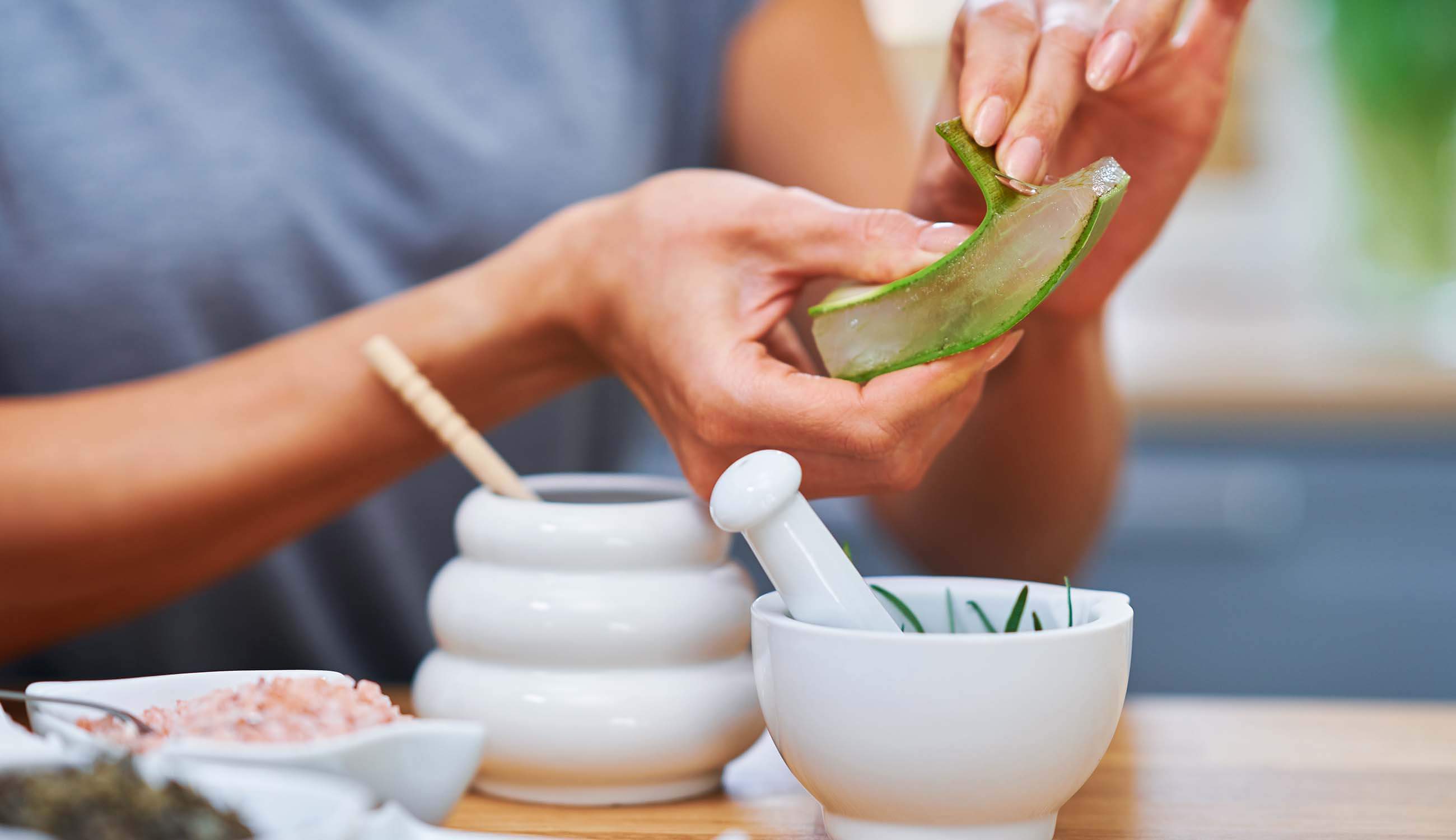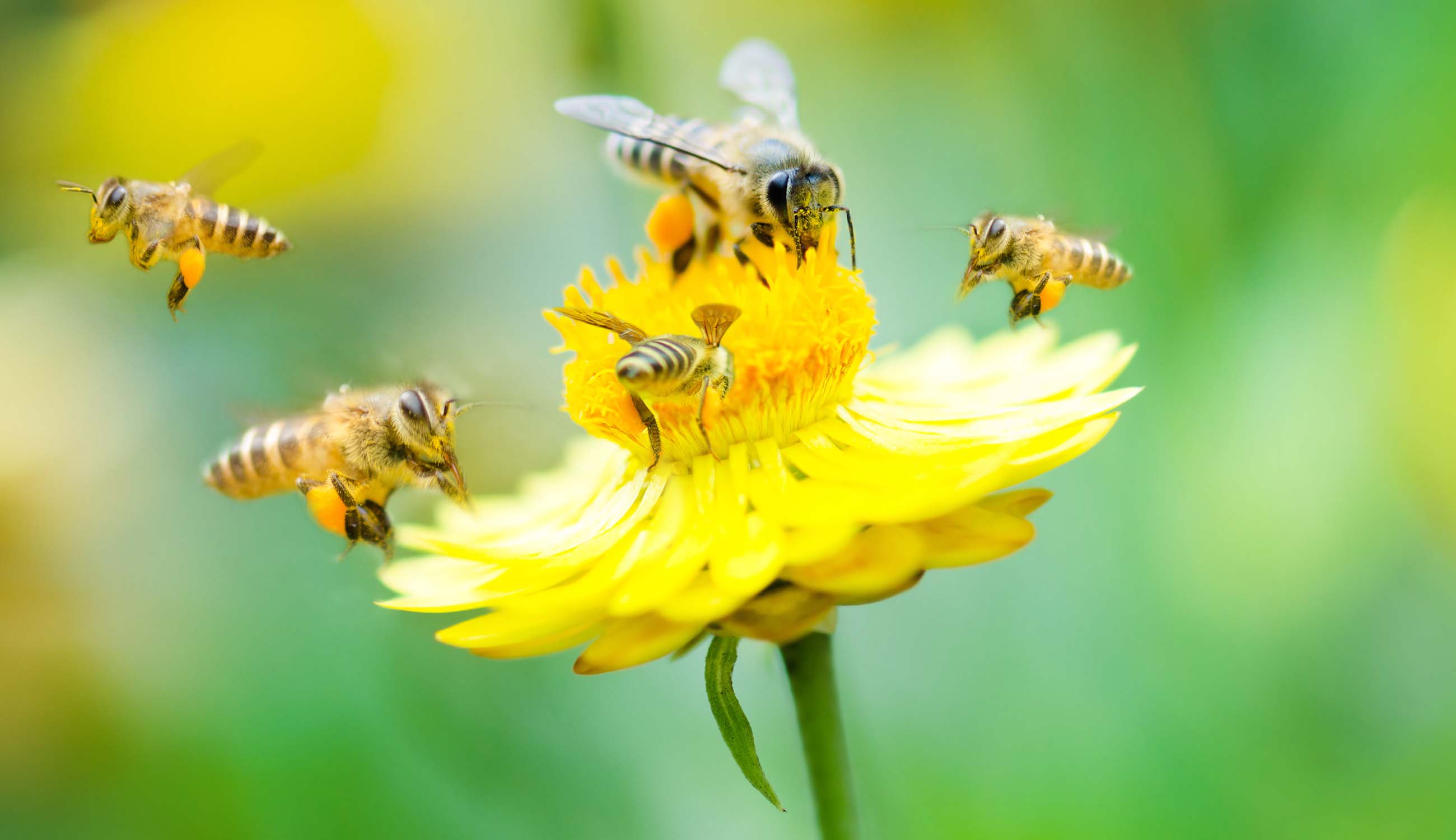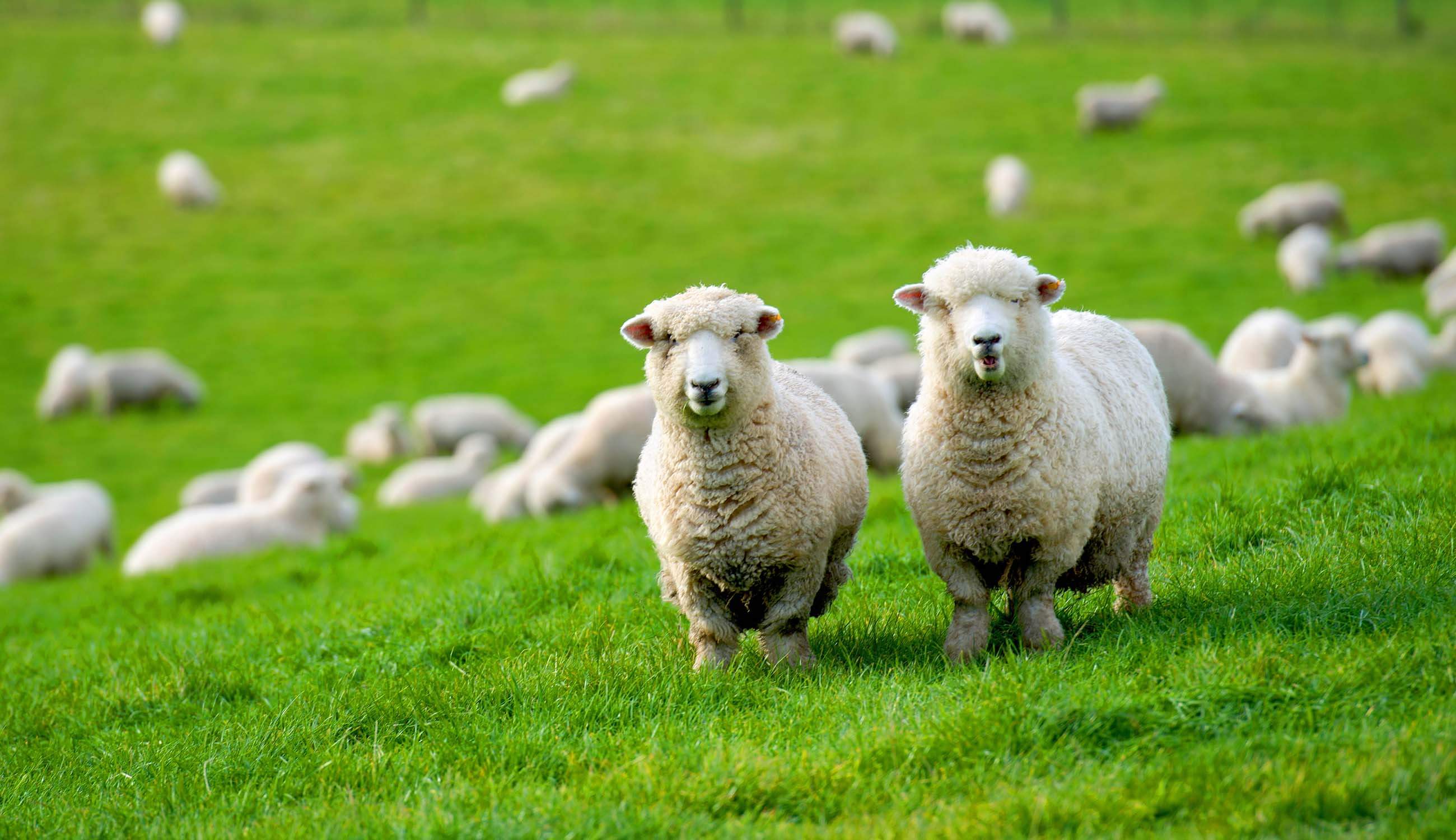Deciphering vegan makeup packaging signs, symbols, and ingredients
Written by: 100% PURE®
Whether you’re going vegan for environmental reasons or for your health, it’s a daunting decision that can involve more factors than you might think. Besides lifestyle and diet changes, going vegan means rethinking your personal care items, down to the makeup products that you use every day. Let’s talk about vegan makeup.
Many skin care ingredients are manufactured with conventional materials of animal origin. It can be mind-boggling to get to the bottom of which products are truly vegan, and which aren’t. That’s why we’ve created this easy guide to understanding where non-vegan cosmetic ingredients come from and how to shop for vegan makeup!
When you’re shopping for vegan makeup, you’re bound to get pretty up close and personal with the ingredients in these products. But often, these makeup items are stamped with mysterious “V” signs and symbols that almost warrant a special device to decode.
Let’s get to the bottom of the common vegan “V” tiny pictures and icons on vegan makeup:
Certified Vegan
This logo is a registered trademark for products that do not contain animal products or byproducts and that have not been tested on animals. This is verified by vegan.org. Look for a black-and-white circle with a “V” inside a heart.
Vegan Society
This vegan makeup trademark means a product is free from any animal product or byproduct. It must not involve any animal testing carried out or commissioned and no cross-contamination during production. Be on the lookout for a green symbol with a flower and the word ‘vegan’.
Vegetarian Society
There are two distinct logos – “Vegetarian” and “Vegan”. These trademark accreditations involve independent ingredient and production method checking by experts. Both symbols are a mix of dark and light green circles with either a “V” for vegetarian approved or the word “Vegan”, which means it should also be free from any animal-derived ingredients and GMO-free.
If you thought the criteria and standards for vegan makeup were rigorous, the certifications for vegan makeup are even more stringent.
For Certified Vegan, companies are required to submit documentation on a product along with supplier verification that no animal products were used in the manufacturing of ingredients, such as ‘no actual testing was performed’. They also need proof from the company’s suppliers and there is a cost for this certification.
For ‘Vegan Society’ certification, a product must not involve testing of any sort on animals by the manufacturers or on its behalf, or by any third parties. This is verified with manufacturers and suppliers across a range of fields to ensure that each product meets the highest vegan standards.
For ‘Vegetarian Society’ certifications, the process involves products adhering to the society’s criteria and the company’s experts checking all ingredients and production methods. By independently checking all the ingredients, it means you don’t have to when you’re shopping.
So, you’ve got a good handle on what the little pictures and symbols mean for vegan makeup. But if you’ve gone to great lengths for veganism, and you want to be extra sure that you’re getting a certified, 100% vegan product, there are more ways to check its true validity.
Whether you’re shopping online or in-store, other ways to double-check vegan products would be cross-referencing or studying lists by third-party certifications for beauty products and brands, such as PETA. PETA's global 'Beauty without Bunnies' program certifies cosmetics among many other goods and brands that don't test on animals.
Since some makeup ingredient labels can be quite tricky to decode with all the variations a company can spin, PETA’s list of animal-derived ingredients and their alternative technical and patented names for ingredient variations is a comprehensive guide.

Animal testing is not the only thing to look out for when buying vegan-friendly makeup. Some ingredients can be derived from plants (or animals) that have the same name – without the source being really identified.
Be on the lookout for these top offenders:
#1: Honey
For vegan-conscious shoppers, honey is not vegan, as it is created by (and for) bees. You can eliminate products that contain honey by shopping for moisturizers and other skin care products that contain vegan alternatives, such as avocado or sweet almond oil.
#2: Squalene
Squalene is a lipid that can be derived from plant or animal sources. Unfortunately, in non-vegan products, squalene is often sourced from shark liver oil. It’s an emollient ingredient used to condition the skin, and is often found in moisturizing, tinted foundation serums.
#3: Guanine
Guanine is often synthesized from fish scales and is used as a colorant in skin care products. You can avoid guanine by buying cosmetics products that are colored with plant-derived colorants.
#4: Collagen and Elastin
Collagen and elastin are trendy ingredients that may help to firm the complexion and tighten pores – something makeup primers are good for! However, these ingredients are usually sourced from boiled animal tissue and ligaments. There’s no reason why you can’t get the same effects using plant-based ingredients. Plant and synthetic proteins provide plenty of vegan options.

#5: Lanolin
Lanolin is a waxy substance derived from the sebaceous glands of sheep. It’s precisely why it’s commonly found in makeup (and skin-hydrating) products such as lip balms, tinted foundations, and even mascara. Plant-based lanolin, however, is a popular vegan alternative to conventional lanolin and is just as effective.
Going vegan can be a big change. Make good use of vegan/cruelty-free product lists that are found in this handy guide or easily found online. It's a lot easier to do research at home than trying to understand some of the unregulated terms used in packaging. PETA has a good resource for finding vegan personal care products.
Luckily, there are plenty of resources out there to help you make sense of vegan vs. non-vegan cosmetic ingredients. If you’re in search of more tips on how to become vegan, check out our comprehensive guide, which will walk you through some essential tips and tricks for making this lifestyle change.
- Tags: February-2022, how-to, Makeup
We carefully hand-select products based on strict purity standards, and only recommend products we feel meet this criteria. 100% PURE™ may earn a small commission for products purchased through affiliate links.
The information in this article is for educational use, and not intended to substitute professional medical advice, diagnosis, or treatment and should not be used as such.

